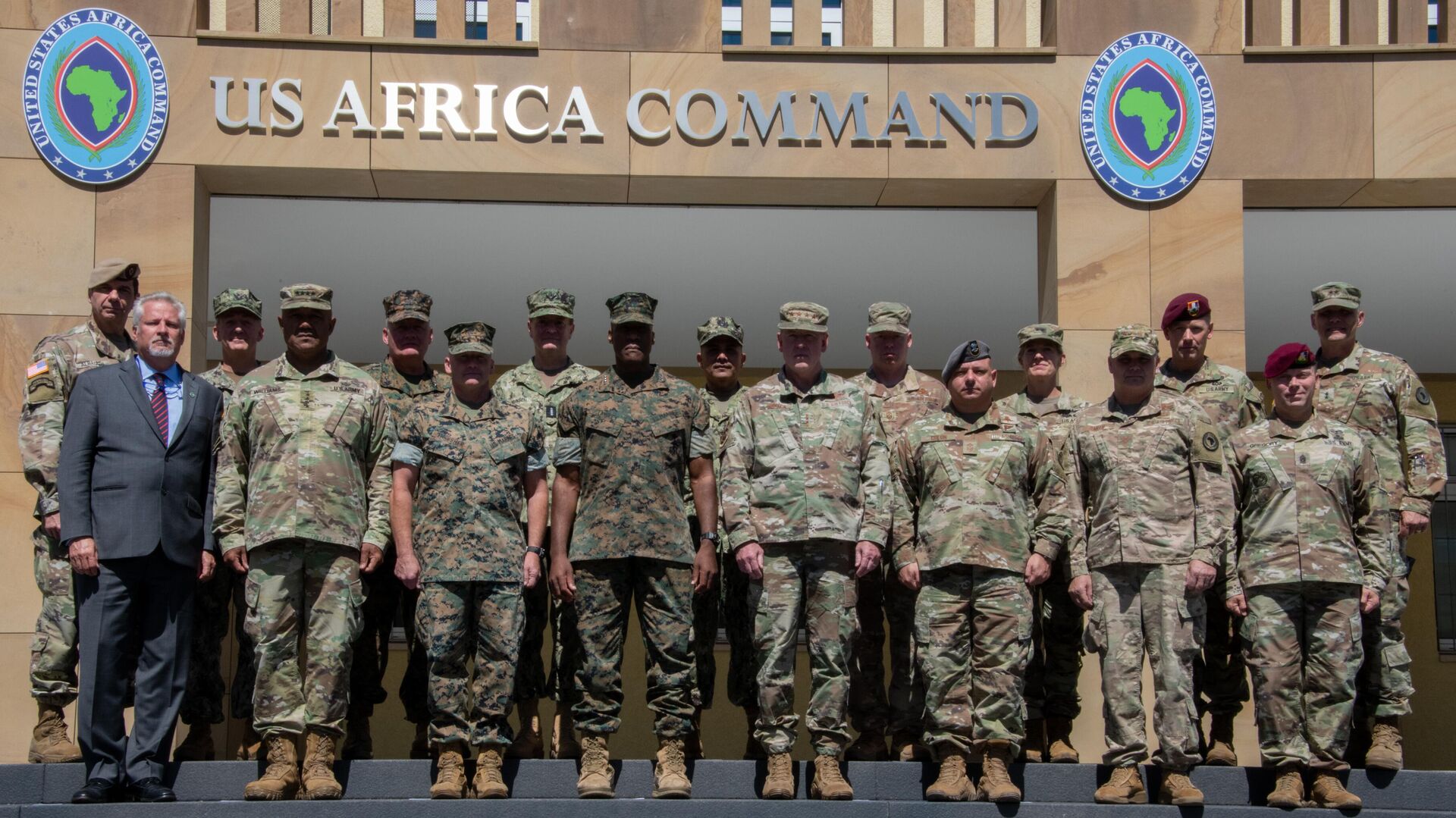
The head of the U.S. military in Africa vigorously defended the country’s counterterrorism strategy on the continent and vowed to press forward with it despite a wave of criticism and a drift among African nations toward seeking security help from Russia instead.
In an interview with The Associated Press on Wednesday at Africa Lion, a war games exercise in Morocco, Gen.
Michael Langley blamed a tide of Russian disinformation for anti-U.S. sentiment in volatile regions. He said the military needed to reassert how its longstanding strategy can foster stability throughout the Sahel, the semiarid region south of the Sahara Desert.
The 6,000 members of the U.S. military stationed in Africa are confronting new setbacks as governments in Chad and Niger — two key regional allies — embrace Russian forces and paramilitaries and push for them to leave posts previously identified as critical to monitoring security challenges.
“There was negative sentiment across the last couple of years against one of our most valued allies — France — as you looked at all social media and looked all across media writ large,” Langley said. “A lot of that negative sentiment was fueled by the misinformation and disinformation of the Russian Federation.”
“We need to get our narrative out there,” he added.
More than 11,000 deaths last year in the Sahel were linked to militant violence, continuing a trajectory that has seen them gradually increase since 2021, according to an Africa Center for Strategic Studies analysis of reports collected by the Armed Conflict Location & Event Data Project.
Since 2020, military officers disillusioned with their government’s record of stemming violence have overthrown democratically elected governments throughout the region. In the aftermath, countries including Mali, Burkina Faso and Niger began to distance themselves from Western powers and deepen partnerships with Russia.
In northern Mali last November, soldiers accompanied by mercenaries from Russian military contractor Wagner retook territory that rebels had controlled for the past decade. The military junta governing Burkina Faso ousted French forces last year and turned to Russia and Wagner for security support.
And similarly, in Niger, Russian military trainers arrived weeks after the junta that took power last year ordered U.S. troops to withdraw from the country.
Rather than soul-searching or a broad rethink of strategy, Langley said the United States planned to “double down and re-engage with these countries,” referencing its non-combat work addressing climate change and crop failure and managing tribal conflict and displacement.
Langley said that the United States would stick with its whole-of-government approach stressing good governance and institution-building beyond military might. He insisted that the military supports African countries in ways they see fit rather than impose its ideas. But he argued that military juntas wouldn’t counter-terrorism or ensure stability long term.
in reprehenderit in voluptate velit esse cillum dolore eu fugiat nulla pariatur. Excepteur sint occaecat cupidatat non proident, sunt in culpa qui officia deserunt mollit anim id est laborum.
